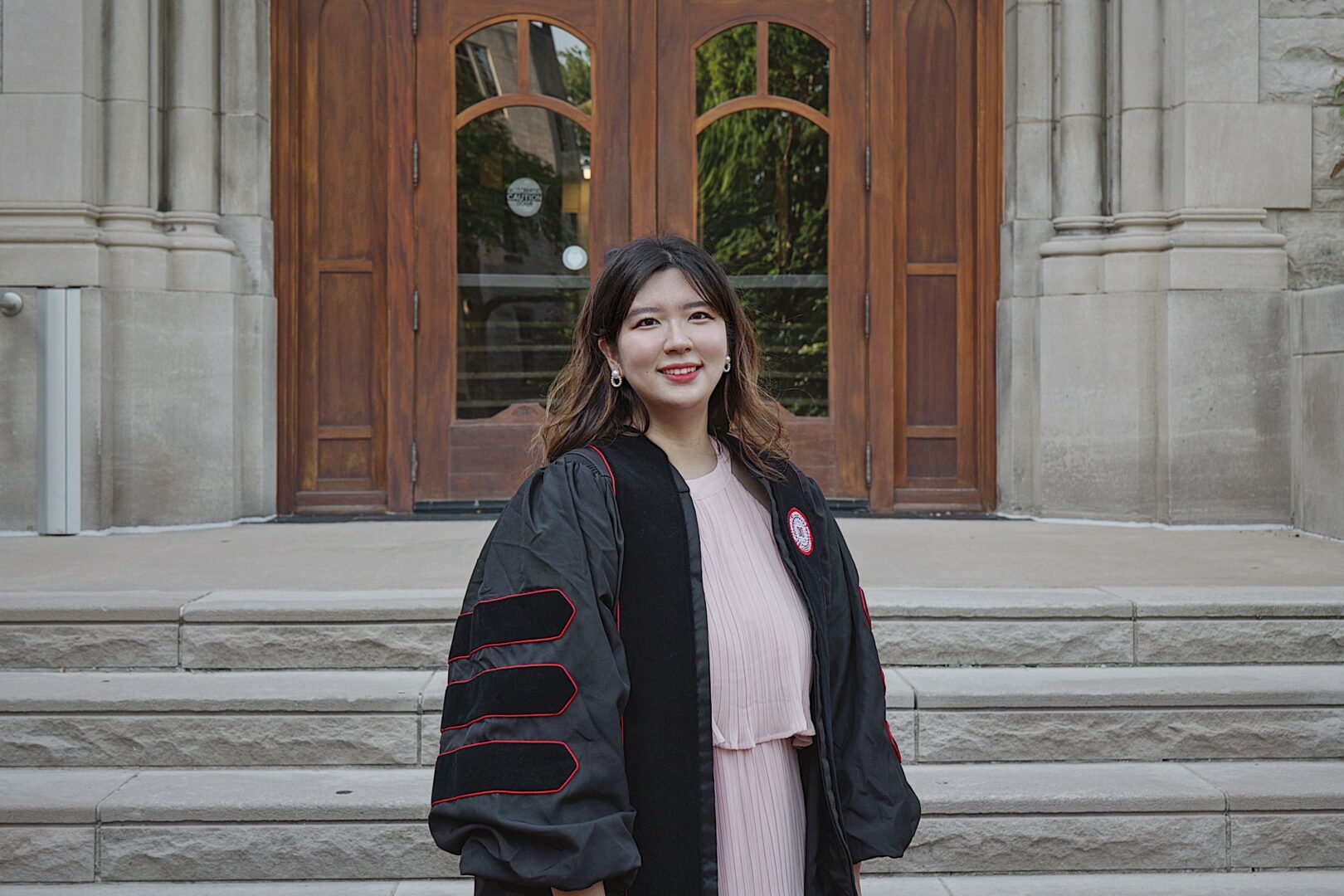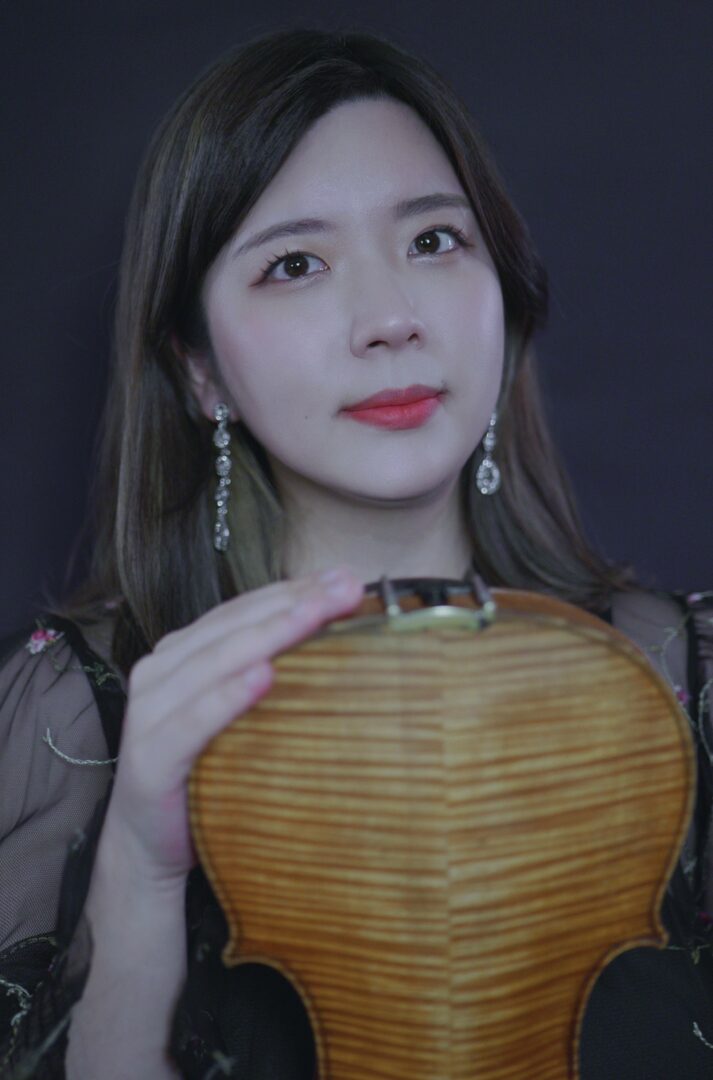We’re excited to introduce you to the always interesting and insightful Yeonglee Kim. We hope you’ll enjoy our conversation with Yeonglee below.
Yeonglee, we’re thrilled to have you sharing your thoughts and lessons with our community. So, for folks who are at a stage in their life or career where they are trying to be more resilient, can you share where you get your resilience from?
I think resilience sneaks up on you while you’re busy surviving. In classical music, you don’t get rewarded immediately for effort — you spend weeks working on the same four measures, and often no one else even knows how hard it was to get them right. That kind of repetition trains you to respond to problems with curiosity rather than panic. When I left Korea and moved to the U.S. for my graduate studies, the challenges became less technical and more existential — finances, language, loneliness. I didn’t have the option to fall apart every time things got overwhelming, so I treated life the way I treat difficult passages: slow it down, find the weak spot, rebuild patiently. Over time, that approach led to real milestones — international competition awards, meaningful performances, students who grew stronger under my guidance. So if I seem resilient now, it’s not because I was born that way. It’s simply the result of refusing to stop just because something felt heavy.

Let’s take a small detour – maybe you can share a bit about yourself before we dive back into some of the other questions we had for you?
I’m a violinist and educator working between performance and mentorship. I’ve spent much of my life studying and performing across Korea and the U.S., but over time I realized that excellence only has meaning when it’s shared. That’s why my artistic focus today is divided between the stage and the studio — performing with intention, and guiding others to find their own musical voice.
As a performer, I’m drawn to programs that feel emotionally direct. I love playing in concert halls, but I’m equally energized by intimate settings where I can feel the audience breathing with me. For me, music isn’t just about interpretation — it’s about communication. I’m less interested in perfection than in honesty.
As a teacher, I approach my students with the same philosophy. My goal isn’t to make them disciplined players, but expressive ones. Technique matters, but only when it serves expression. Whether I’m preparing a student for a competition or helping a beginner produce their first confident sound, I try to show that music is not something to fear, but something to live with.
What excites me most about my path is that I get to witness transformation — in myself as a performer and in my students as they grow. Whether on stage or in a lesson room, I want my work to make music feel less distant, more human, and deeply personal.
If you had to pick three qualities that are most important to develop, which three would you say matter most?
Looking back, the three qualities that shaped my journey most were persistence, patience and presence — what I now call my PPP philosophy.
I was fortunate to find progress early in music, but I learned quickly that initial ability only carries you so far. Persistence became essential once effort started to matter more than intuition. Real growth came from returning — not just working hard, but working again. If I could offer one piece of advice, it would be to focus less on intensity and more on rhythm. You don’t need to push constantly. You just need to keep coming back.
Patience taught me that progress isn’t always visible. There were times when I expected to move faster, but nothing seemed to change. Instead of calling that failure, I learned to stay with it. Growth often happens quietly, in the background, while you’re convinced nothing is working.
Presence is what made everything meaningful. Whether performing or practicing, I found that results mattered less than how fully I was in the moment. A technically correct performance can feel empty without presence, while even an imperfect one can move people when it’s honest.
So my advice is simple: build your PPP. Be persistent enough to return, patient enough to stay, and present enough to feel. Skill will make you capable — presence will make you unforgettable.
Before we go, any advice you can share with people who are feeling overwhelmed?
When I feel overwhelmed, I do not try to act strong right away. I usually let myself collapse for a moment. Sometimes I lie on the floor or crawl into bed with my phone and scroll until the noise in my head settles. I have learned that forcing myself to be productive too quickly only makes things worse later.
After that first crash passes, I shift into a quieter mode. I pick up a book, not to gain wisdom, but simply to borrow someone else’s thoughts for a while. Other times I start painting. I do not aim to create anything nice. I just place colors on paper until my breathing slows down.
When I feel a bit more grounded, I reach for my violin. I do not practice seriously. I just play something my hands remember even when my mind feels scattered. It reassures me that I am not lost. I am simply overstimulated.
If I have any advice, it would be to stop trying to “power through” immediately. Overwhelm does not always require discipline. Sometimes it requires softness. Let yourself fall apart gently, then regroup when you are ready.
Contact Info:
- Website: https://yeongleekim.com
so if you or someone you know deserves recognition please let us know here.




